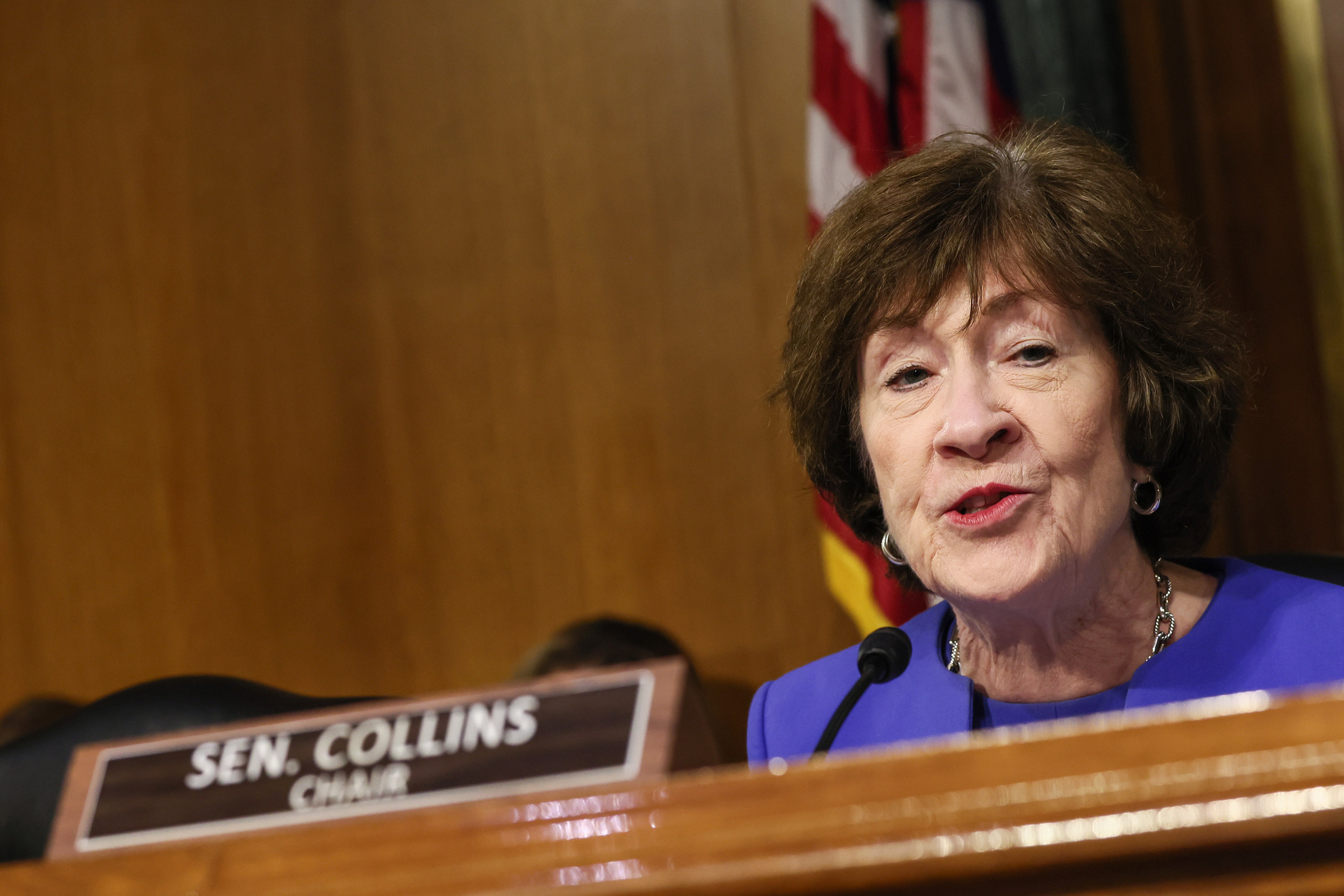By Iain Whyte
Copyright scotsman

Yesterday the Finance Committee councillors from all parties – except the Conservatives – chose to reject those business views. The issue was the implementation of the tourist tax and some complicated details about requirements on businesses to charge the tax on future bookings made before it comes into force. The council claims it has become “expert” at knowing how hotels deal with advance bookings, but real-life businesses think otherwise. For instance, many businesses sell rooms to the big platforms like Expedia and Booking.com that we all use. They buy rooms in bulk then sell them at variable prices depending on future demand. The original provider might never know what that price will eventually be. If they do, they won’t know until nearer the time. However, the law says the room provider must display the tax as part of the full price at the point of booking. Clear? Probably not – hence why businesses are concerned. Council guidance intended to help businesses comply with the law was only published after I lodged my motion. The Scottish Government is yet to publish any guidance. What’s worse is that the Scottish Government seem to want to amend the law but have given no timescale. There is a real risk that businesses must change their systems twice in quick succession – at their own cost – or risk not complying with the law. The council heard, but it hasn’t listened. Six different industry membership groups asked the committee to support my call to delay implementation until the Scottish Government provided certainty. This was dismissed out of hand as “national lobbying” even though these groups have local members. These are businesses working in the Edinburgh economy. Either locally owned and run or employing many local residents. Remember, the strategy says we want them to thrive. In their rush to implement every tax they can, as soon as possible, and at as high a level as they can, councillors are willing to throw local businesses and the visitor economy under the bus. In doing so they are likely to encourage legal challenge that the council will have to defend at taxpayers’ expense. The track record on that is that the council regularly loses in the courts.



